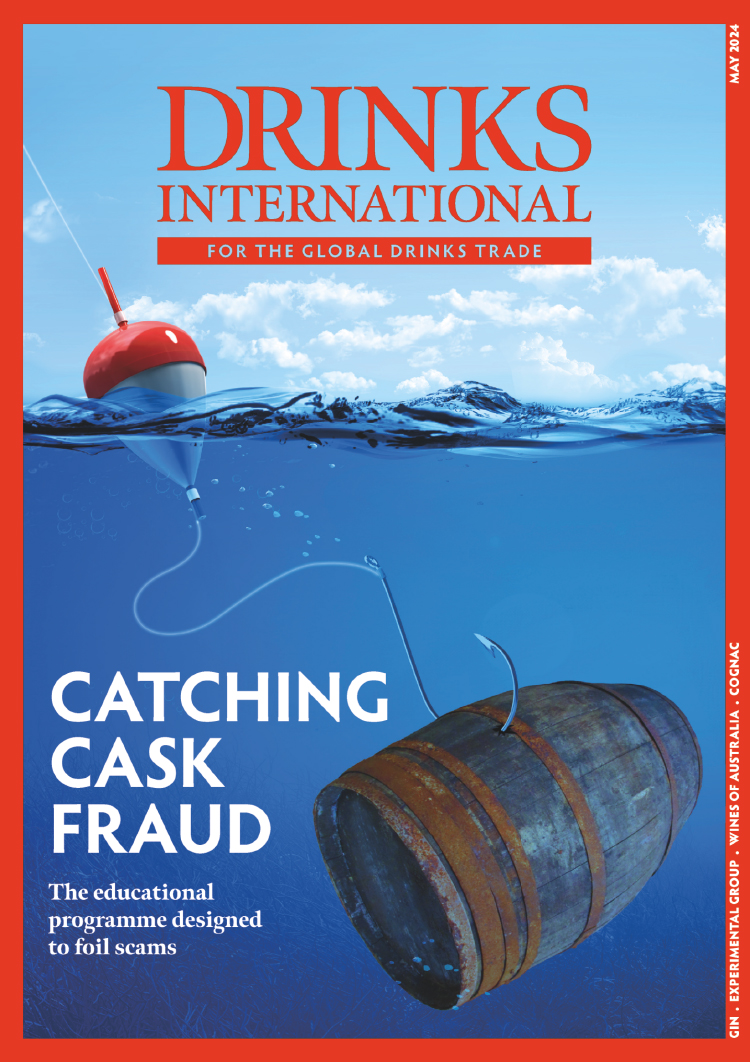Innovation is the key component for any brand, organistation or team to move forward. France, the home of cognac, recently lifted the FIFA World Cup trophy in Russia and although it was a team filled with young talent, the difference between the French and any other nation was their ability to innovate. Germany went into the tournament as one of the favourites but were knocked out in the group stage for the first time since 1938 while Spain, Brazil, Argentina all had poor tournaments - not to mention Italy and the Netherlands who failed to qualify – all because of a lack of innovation.

Cognac, like the French national team, has one of the richest histories in its respected field. But just as the football team has been forced to change tactics to utilise its young, talented players, cognac is now having to go through a similar process.
Rémy Martin made a bold move four years ago, appointing Baptiste Loiseau as the youngest cellar master in the history of the company. Undoubtedly a part of this decision was to connect with the younger generation of consumers and, you guessed it, keep innovating.
The growth in popularity of single malt whiskies, bourbon and aged rum is putting extra pressure on blenders such as Loiseau to come up with something new and exciting for consumers, but with is a series of strict laws enforced by Bureau National Interprofessionnel du Cognac (BNIC), some brands have gone in different directions to seek innovation.
These laws determine the location of production, useable grape varieties and the selected casks allowed for ageing or finishing. But these rules aren’t there to limit imagination, they have shaped the category and made cognac one of the most prestigious spirits in the world.
One representative from the BNIC told DI: “Cognac is a cosmopolitan product, appreciated throughout the world, with guaranteed quality and assured by its AOC status. It is this nature that distinguishes it from other spirits.
“It has all the assets to meet the expectations of the consumer of tomorrow: local product, resulting from unique know-how, it is developed with a constant concern for quality and excellence. A real cultural heritage to discover and rediscover.
“However, this does not prevent cognac from innovating and there are many ways to innovate within the strict regulations and within the specifications.”
SINGLE IS SEXY
What a lot of single malt Scotch drinkers don’t realise is that there are cognac producers doing similar things to the Scots, it’s just under the radar. Fanny Fougerat is a fourth-generation cognac distiller who, up until 2013 had provided eaux de vie from her 30Ha in Borderies and Fin Bois crus to bigger cognac houses. Since then she has begun bottling her own cognac and her USP is that none of her cognac is ever blended. Essentially she is creating ‘single malt cognac’ and the result is the emergence of terroir within the spirit.




